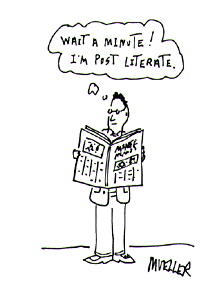
Logical systems are idealized, abstract languages originally developed by modern logicians as a means of analyzing the concept of deduction. Logical models are structures which may be used to provide an interpretation of the symbolism embodied in a formal system. Together the concepts of formal system and model constitute one of the most fundamental tools employed in modern physical theories.

A formal logical system is a collection of abstract symbols, together with a set of rules for assembling the symbols into strings. Such a system has four components: 1) an alphabet, a set of abstract symbols, 2) grammar, rules which specify the valid ways one can combine the symbols, 3) axioms, a set of well-formed statements accepted as true without proof, and 4) rules of inference, procedures by which one can combine and change axioms into new strings.
How does a formal system relate to the mathematical world that we use to describe Nature? One can use a process of dictionary construction to attach meaning to the abstract, purely syntactic structure of the symbols and strings of a formal system to the semantics of a mathematical one.
Excerpt from the Encyclopedia Britannica without permission.